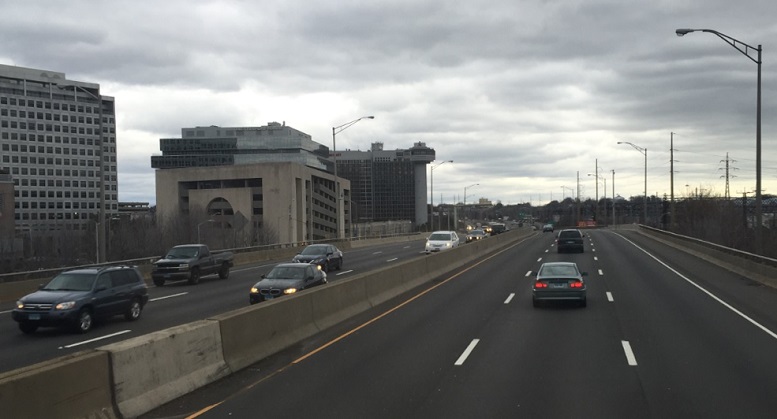Connecticut will join four other east coast states to study the potential of one day replacing the gas tax with a mileage tax, also known as a vehicle miles traveled (VMT) tax. But the idea isn’t exactly receiving rave reviews from elected leaders in the Land of Steady Habits.
State Representative Gail Lavielle (R-Wilton) called it “complicated and controversial undertaking” that “raises too many privacy issues.”
State Representative Jason Perillo (R-Shelton) said it’s “lethal and should not even be considered.”
State Senator Toni Boucher (R-Wilton) groused that it “will hit you everywhere you go, even if you are driving to a hospital emergency room” (as if gas taxes don’t already do that).
State Representative Laura Devlin (R-Fairfield), who like Senator Boucher has also been skeptical of highway tolls, worried it “would require expanding state government with the hiring and oversight of more state employees.”
And Senate Majority Leader Bob Duff (D-Norwalk) said it’s a “non-starter” that will receive no support from the Democrats either.
The Connecticut Department of Transportation is spending $300,000 to take part in the multi-state mileage tax study — not exactly pocket change — but it will spend four times that amount to study widening I-95 between New Haven and the New York border. Are legislators four times as outraged?
Of course not. With few exceptions, nobody in the legislature has been as outspoken against widening highways as the aforementioned lawmakers have been about mileage taxes. For example, while Senator Boucher has expressed doubts about the state’s ability to pay for the widening of I-95, she still thinks it’s a worthwhile endeavor. And don’t expect to see much resistance from Senator Duff, who lobbied Governor Malloy to widen a section of I-95 in his hometown.
Certainly there are other legislators who oppose spending money on highway expansion when there’s so much maintenance that needs to be done, but it’s not often on public display. Perhaps this shouldn’t come as much of a surprise: most Connecticut commuters drive to work, and many deal with some pretty serious congestion. Opposing a proposal that might appear to solve Nutmeggers’ traffic woes just isn’t good politics.


[…] diversify its transit funding in such a way? Certainly there are political challenges to any new taxes, but why should raising fares on transit commuters — who earn significantly less on average […]
[…] is over, and the state is facing a massive budget deficit, but the idea that Connecticut can spend $1.2 million on yet another study on widening I-95 just won’t […]
[…] on the other hand, lawmakers recently had a fit over a proposal to study a mileage tax, and they continue to pursue the fantasy of adding lanes to […]
[…] tax study (though no word on whether they’ll pass legislation to prevent the DOT from spending four times as much to study widening […]
[…] tax study. The state’s bill for participation in the study, which lawmakers considered a non-starter from the beginning, would have been $300,000. The Hartford Courant […]